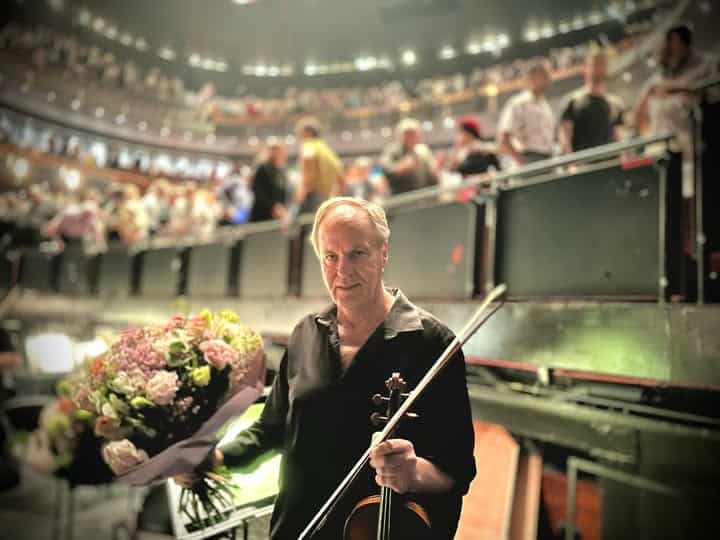Rajar: Listeners keep deserting BBC Radio 3
mainFigures for the last quarter of 2018 show Radio 3 with just over 1.8 million listeners and a reach of three percent.
Classic FM has 5.3 million listeners and a ten percent reach.
Radio 3 is down around 20 percent in two years.
Now why would that be?
Well, put a former Labour apparatchik in charge of BBC Radio and his former chief civil servant at the head of Radio 3 and they are bound to do wonders for creativity and public appeal.
Well done, Tony Hall.
Jolly good show.

UPDATE: A BBC Spokesperson said: “We always fluctuate around the 2 million mark – we are delighted that audiences are listening longer with the highest figures in 2 years at 6hrs and 34m this quarter, along with an increased share of 1.2% – this is in line with our strategy to encourage audiences to take time out to listen to full-length classical concert broadcasts and slow radio.”
Straight from W1A 1AA.






Comments